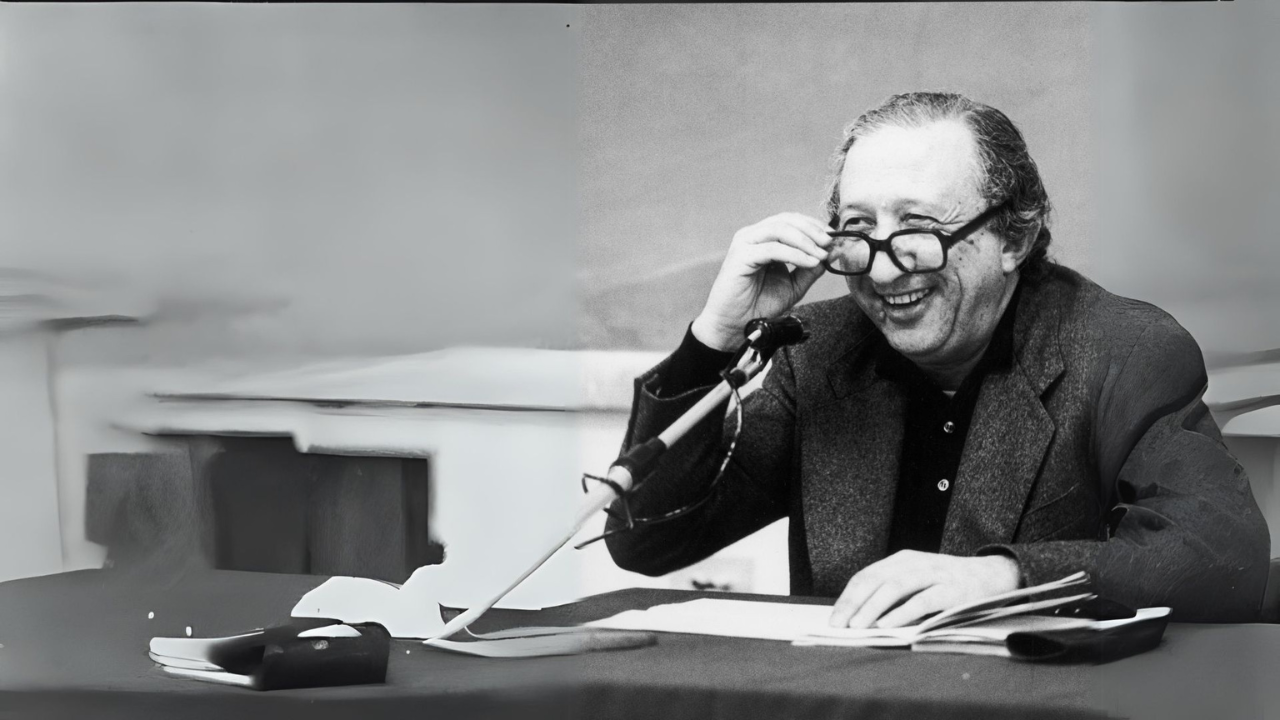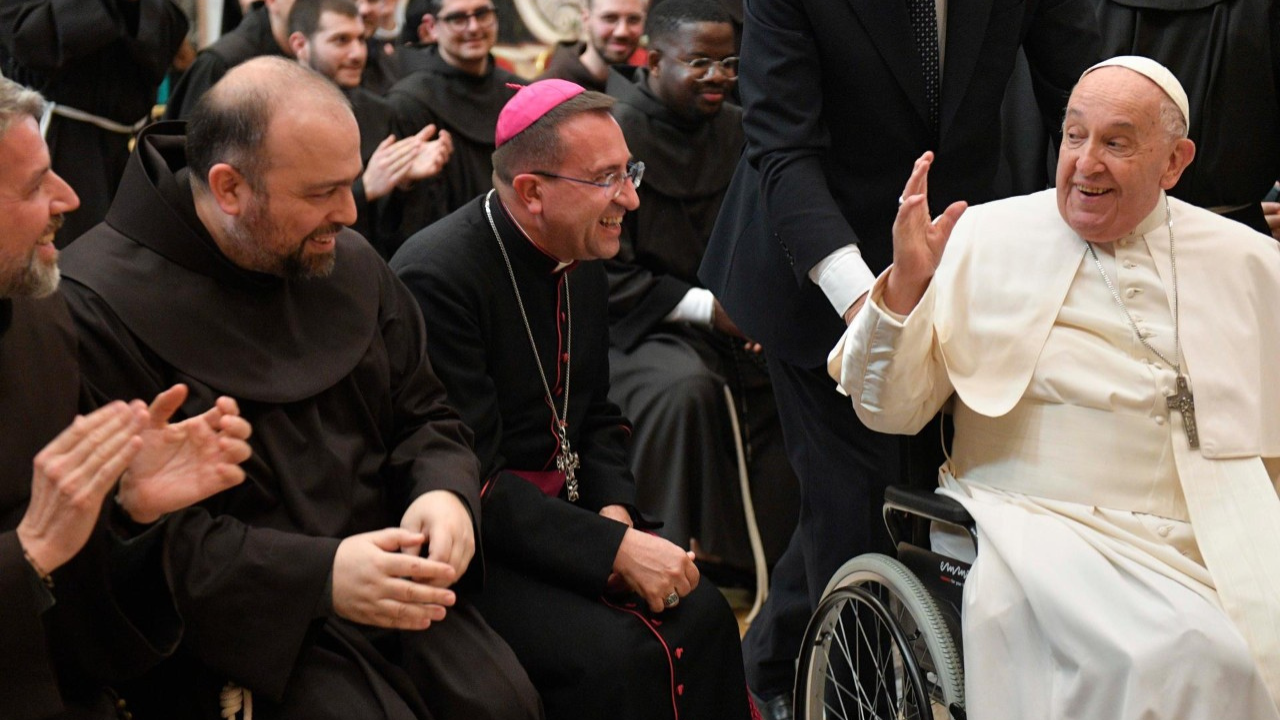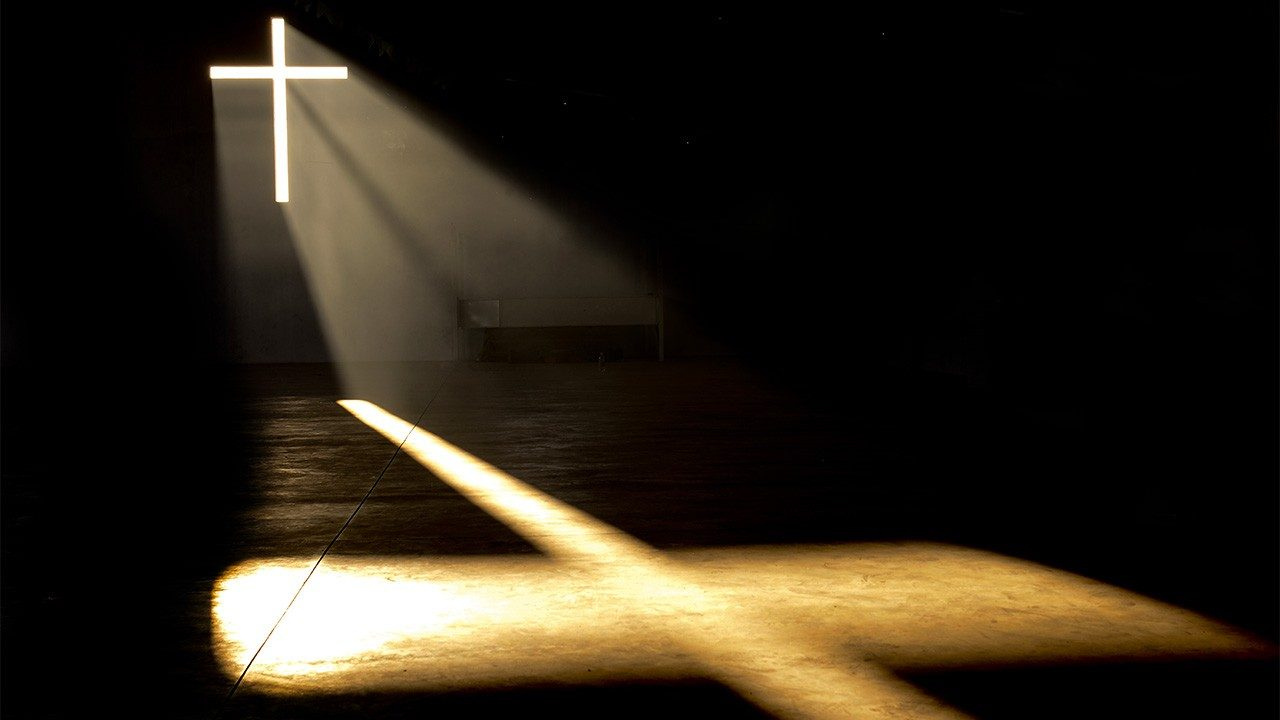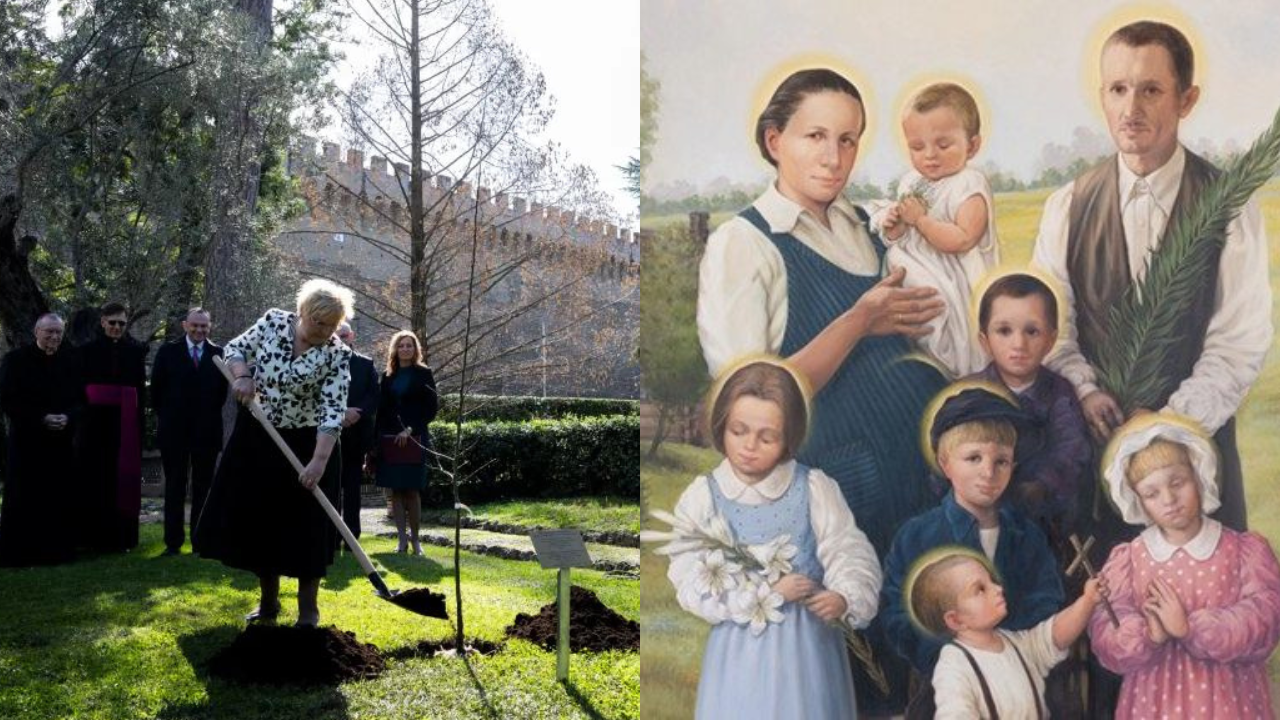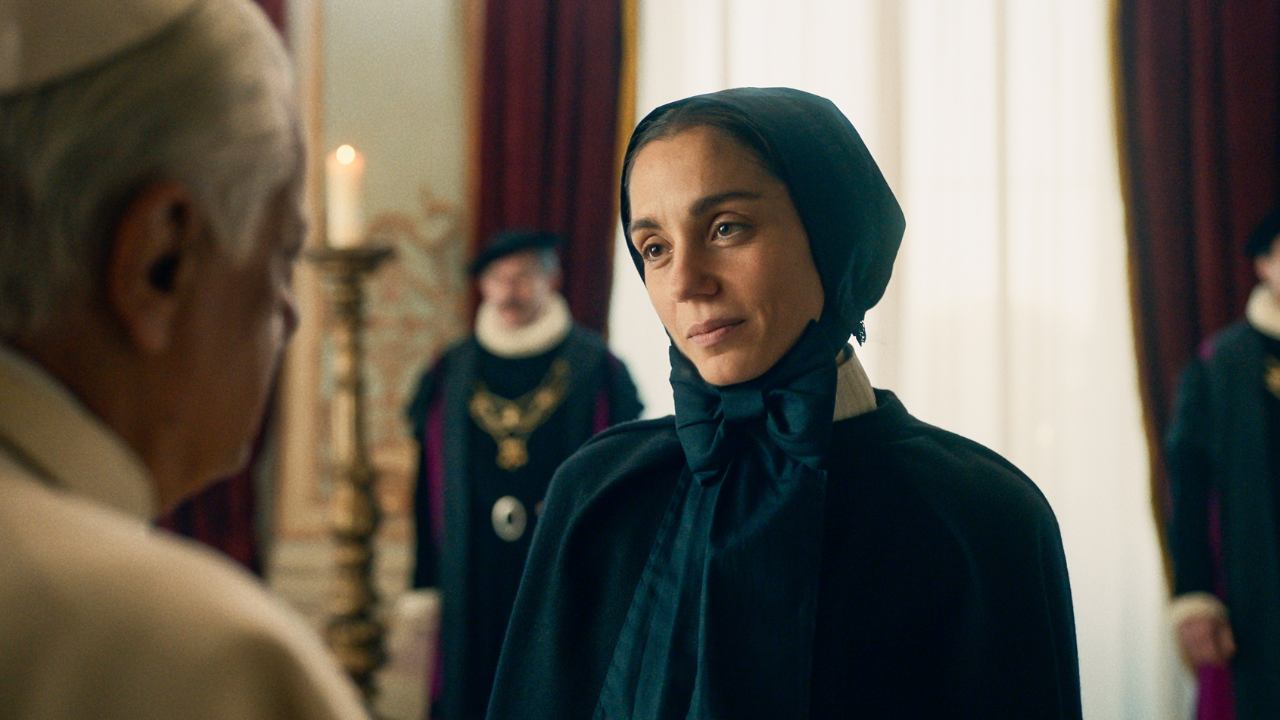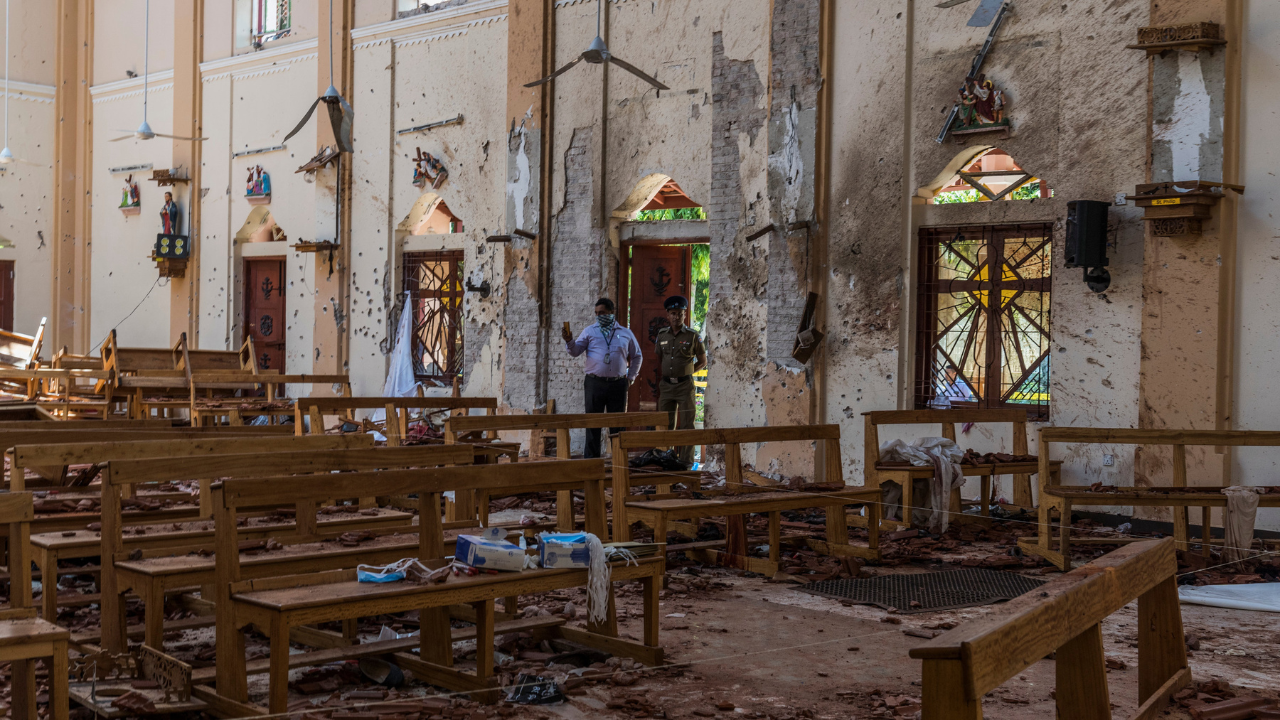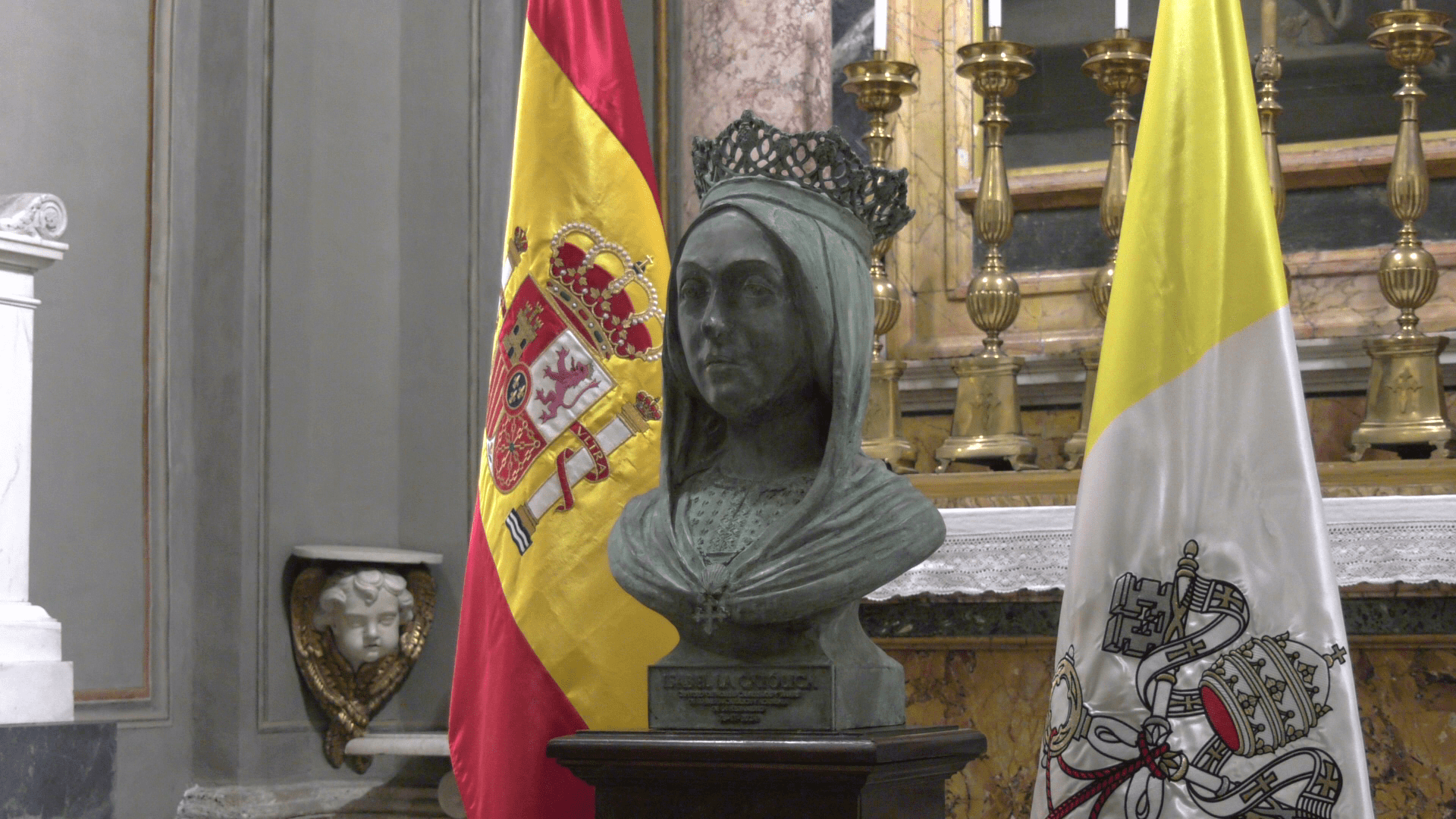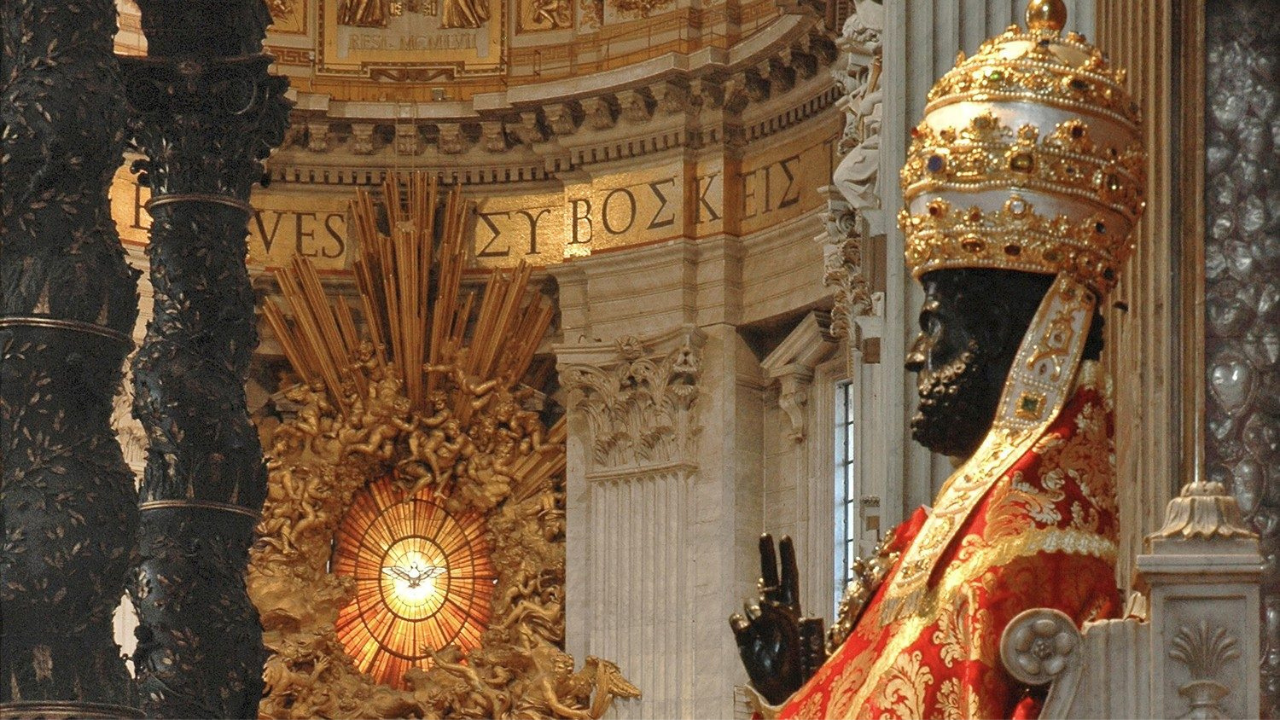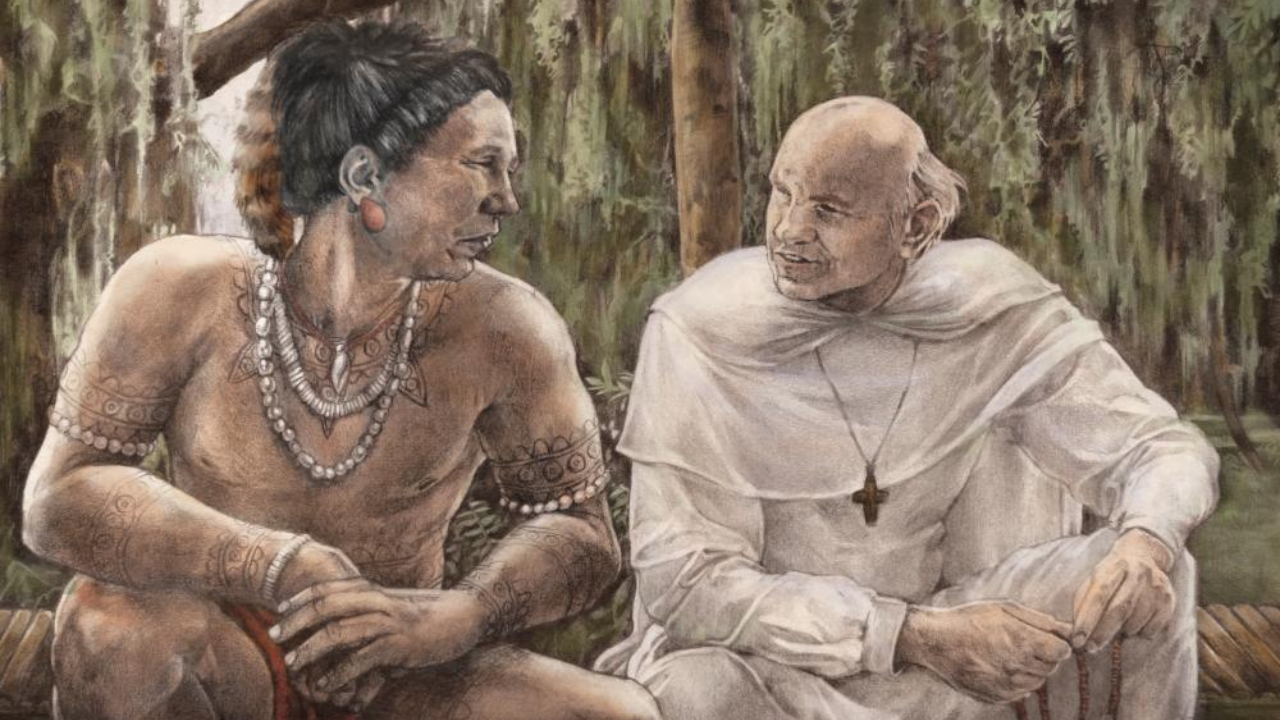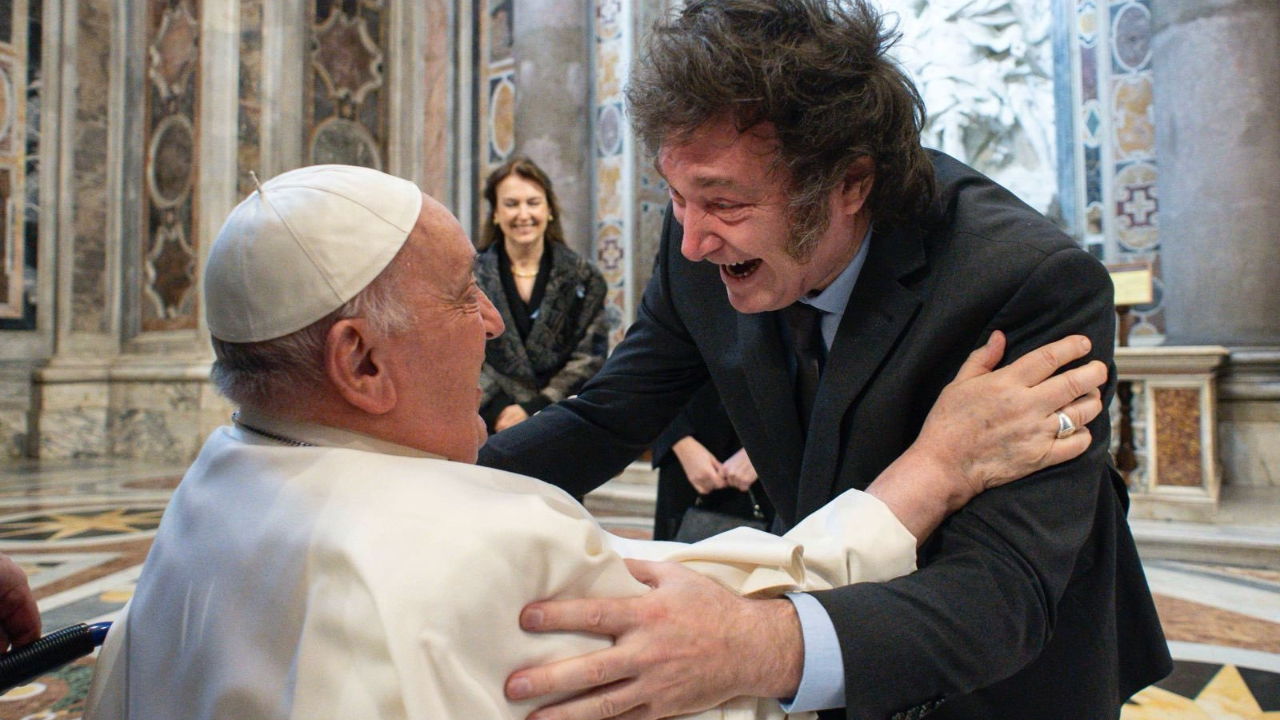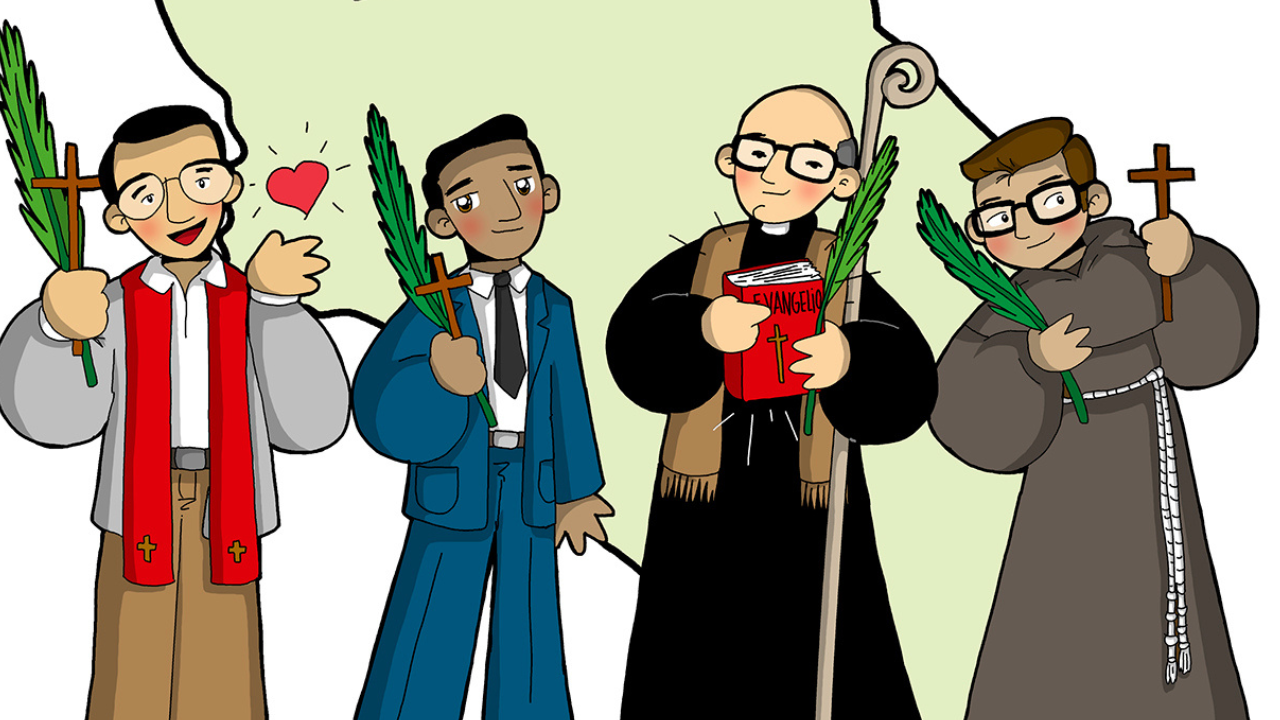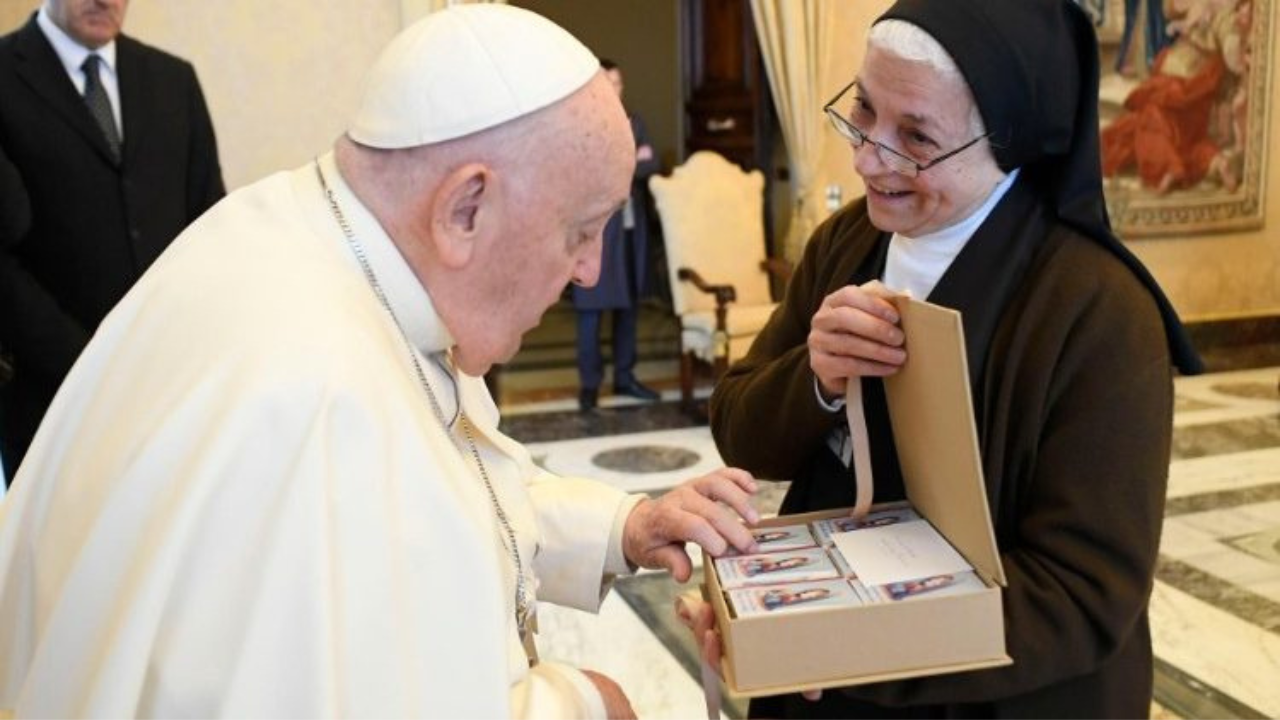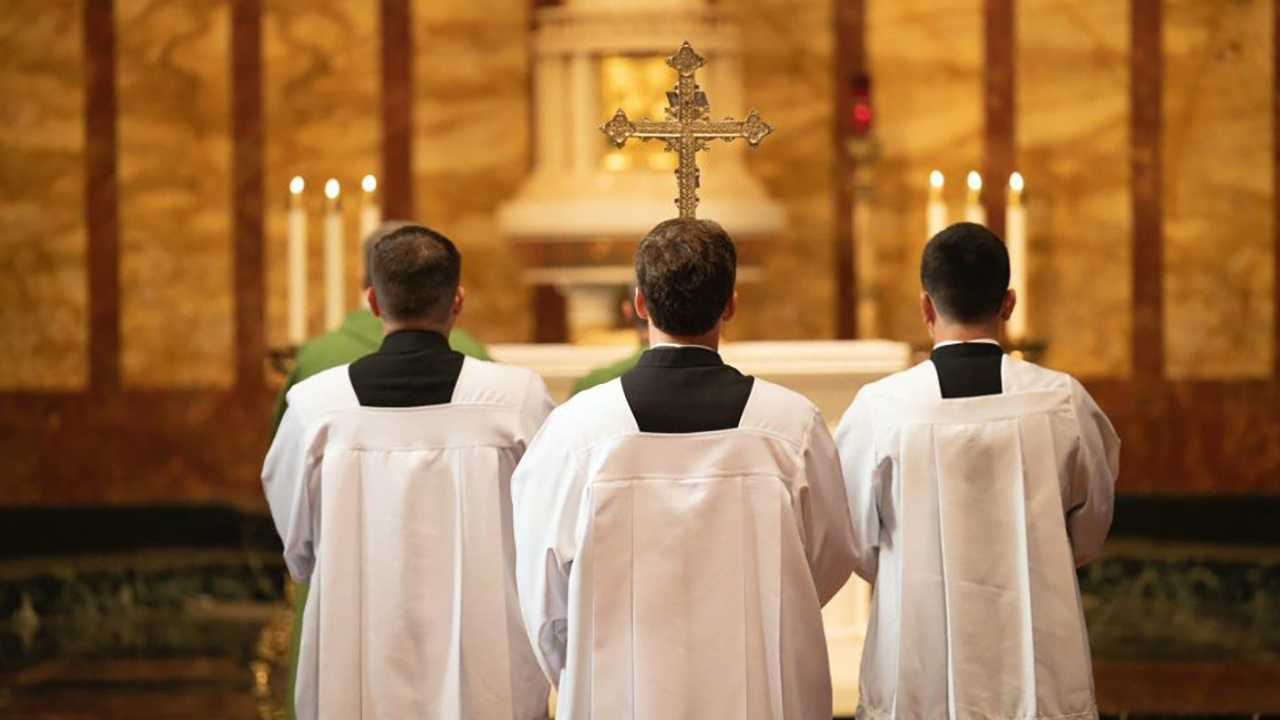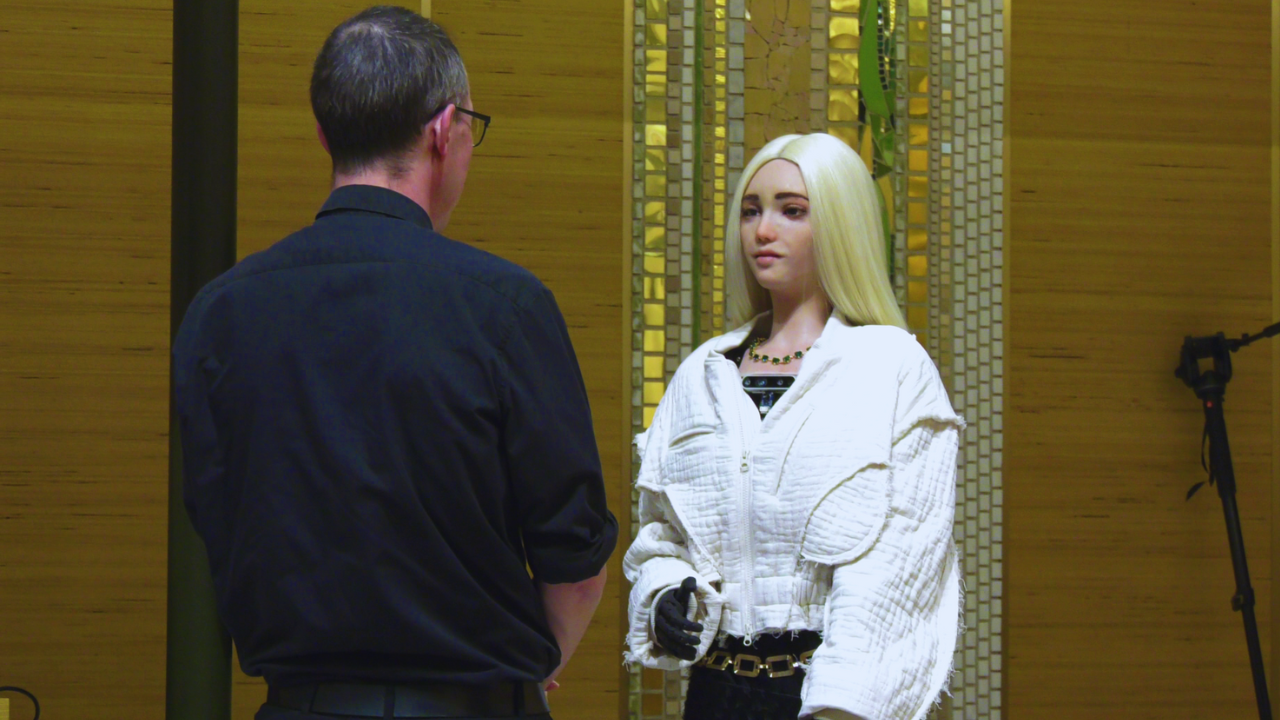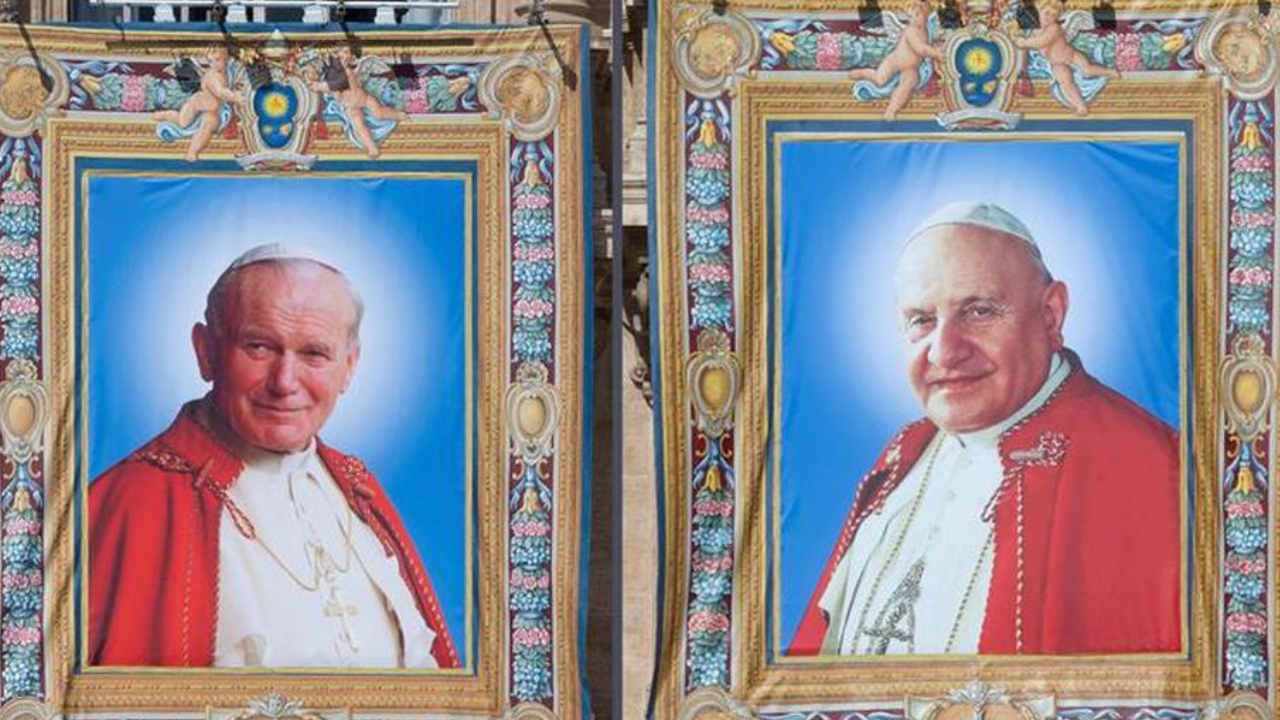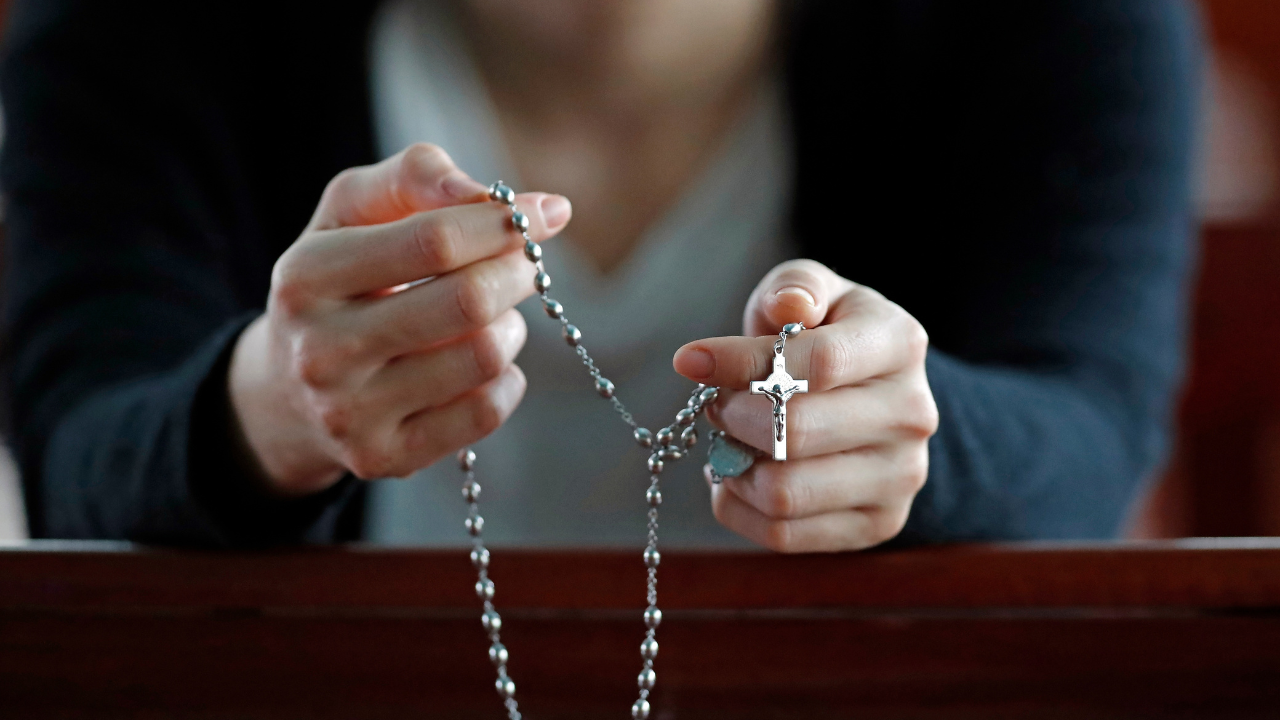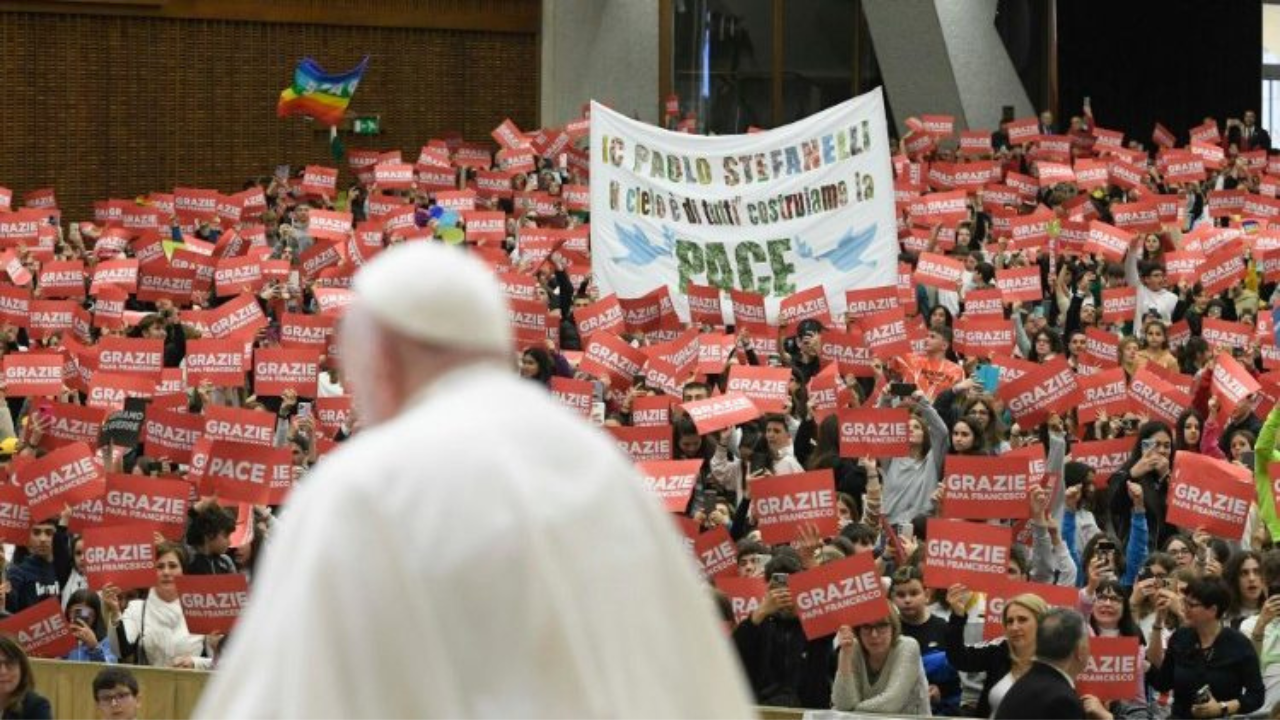In 2015, when rumors arose that the pope would name Croatian Cardinal Aloysius Stepinac a saint, the Serbian Orthodox Patriarch wrote to him, expressing that his Church personally would consider it an offense.
Pope Francis then assembled this commission of Croatian and Serbian experts to analyze the cardinal's life. After one year of work and study, they have not come to an agreement on whether or not Cardinal Stepinac should be declared a saint.
Aloysius Stepinac was archbishop of Zagreb when the philofascist group of Ustaša took over. These allies of Hitler and Mussolini founded the Independent State of Croatia, and persecuted the Jews, gypsies and the Serbian Orthodox residing in the country.
BERNARD ARDURA
President, Pontifical Committee for Historical Sciences
'The period that presents the most problems is from 1940 to 1945, the years of the Independent State of Croatia. The Serbs accuse Archbishop Stepinac of being a contributor to the regime, an accomplice, an accomplice of the atrocities made by the Ustaša party. However, this is unable to be proven.'
Bernard Ardura has overseen the work of the Joint Commission, which has involved both civil and religious representatives from Croatia and Serbia. However, the two sides continue to interpret his actions, words and even lack of words, differently.
BERNARD ARDURA
President, Pontifical Committee for Historical Sciences
'Stepinac prevented the deportation of 300 Slovenian priests. He wrote and said that he wanted them to be in the Zagreb diocese, and for that they were not deported. For the Serbs, it is proof of his political role.'
According to Bernard Ardura, the bishop welcomed Croatia's independence with high hopes, but was then disappointed. In any case, he asserts that there was never a time when Stepinac acted as a politician.
With the arrival of the Yugoslav communist regime in 1946, the archbishop was prosecuted and convicted for alleged collaboration with the Ustaši regime. He spent five years in prison and then under house arrest, where he died in 1960.
John Paul II beatified him in 1998, yet the Serbian Orthodox see him as only a confessor of the faith, and not a martyr.
A positive outcome of the Commission's work is that both the Croatian Catholics and the Serbian Orthodox together want to study the history of the Christian martyrs from that period.
It has given the pope an increased amount of data for his study, and Pope Francis will then decide whether or not it is appropriate to canonize the archbishop of Zagreb.
